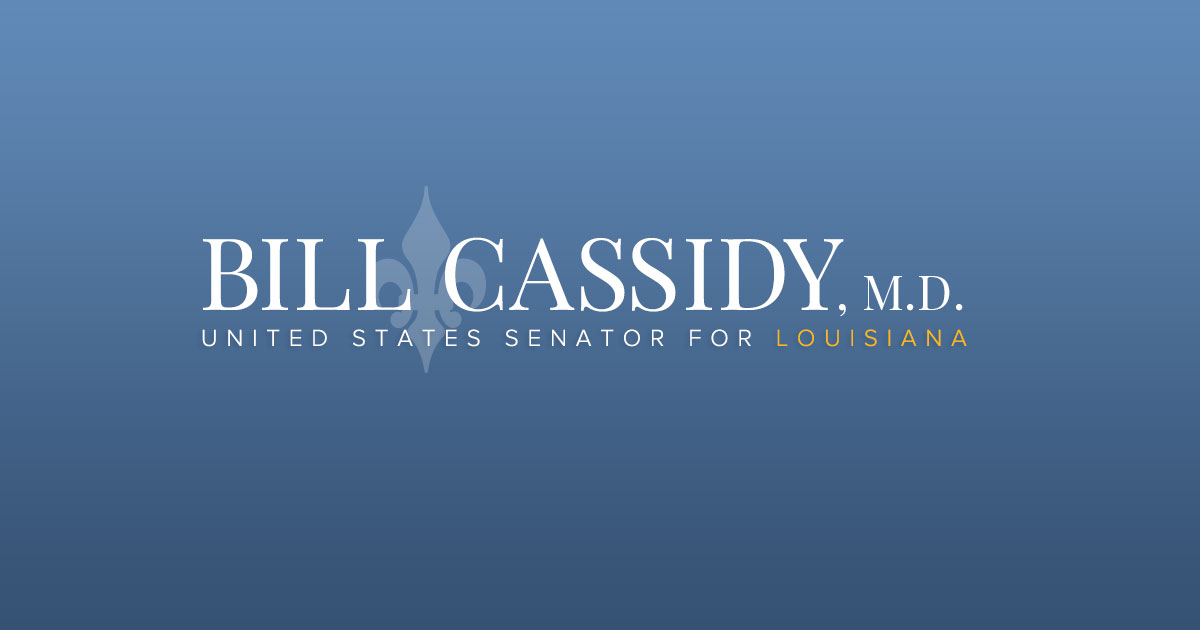Source: United States Senator for Louisiana Bill Cassidy
ASHINGTON – U.S. Senators Bill Cassidy, M.D. (R-LA), Cindy Hyde-Smith (R-MS), John Kennedy (R-LA), Roger Wicker (R-MS), and Marco Rubio (R-FL) today introduced the Homeowners Flood Insurance Transparency and Protection Act, which would allow National Flood Insurance Program (NFIP) policyholders to maintain their current rates until the Federal Emergency Management Agency (FEMA) can meet certain accountability measures. This week, FEMA plans to implement Risk Rating 2.0, a new NFIP premium rate structure that could increase rates for 80% of policyholders.
“FEMA continues leaving Louisianans and five million Americans in the dark about rising premiums and changes to NFIP,” said Dr. Cassidy. “Our bill requires FEMA to provide clear information to policyholders to help lower premiums and reduce flood risk.”
“FEMA is charging full force to impose Risk Rating 2.0 no matter the consequences. This legislation would protect homeowners and the overall health of the NFIP while FEMA responds to outstanding bipartisan concerns and questions about the methodology and rollout of this program,” Hyde-Smith said. “Policyholders deserve to know how much they are going to be paying over the full course of this program and why, especially during a time of record inflation and gas prices.”
This bill requires FEMA to address concerns that it developed Risk Rating 2.0 without adhering to statutes requiring:
- Public notice and comment
- Established policyholder premium appeals process
- Economic impact analysis
- Independent peer review
- Assurance of data reliability
Background
On March 14th, Cassidy introduced the Flood Insurance Pricing Transparency Act, which would require the public disclosure of formulas used to calculate mitigation credits for policyholders under Risk Rating 2.0. This comes after FEMA publicly acknowledged the strong possibility that Risk Rating 2.0 could cause 20% of policyholders to drop out of the program due to skyrocketing premiums.
###
